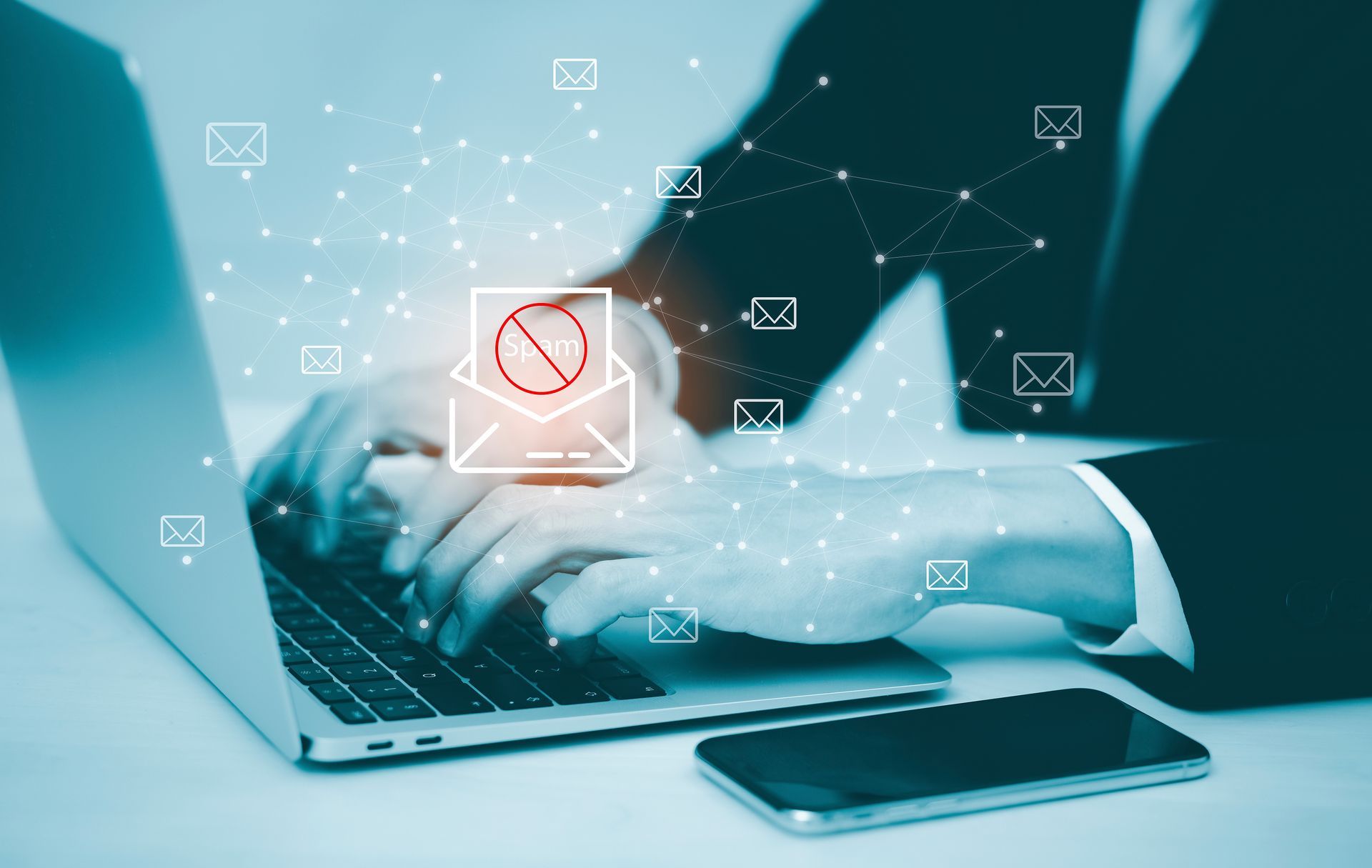The Importance of Practicing Daily Cyber Hygiene Habits

We all have our daily routine and habits. When you hear about practicing daily healthy hygiene habits you may think of brushing your teeth or washing your hands, however, in the world of technology we have a term known as Cyber Hygiene . Maintaining personal daily hygiene keeps us physically safe. This goes for technology too. Practicing good cyber hygiene habits will help keep your technology safe and keep your data secure. Your computer and any other devices needs daily love and care too, after all, they hold safe your most sensitive information for your business and provide your employees with the tools they need for their job. By being proactive and caring for your technology, this helps continue to implement strong cyber security procedures. It’s simply a matter of getting into a routine such as you would with your own daily personal hygiene habits. Continuing to proactively keep your technology safe will help keep your cyber security efforts running properly and smoothly each day.
Here’s a few quick tips on how to stay on track and practice daily cyber hygiene habits:
Perform Regular Software Updates
Keep performing regular updates for your operating systems and for the software installed on your computer. It’s important to keep up with updates because these updates will help your operating system and software perform better and can help fix any vulnerabilities you may be experiencing.
Look out for Phishing Emails
Having an email address unfortunately automatically makes you susceptible to phishing attacks since communicate primarily through electronic means and have to on instructions. Remote workers are prime targets for phishing emails which aim to steal information or take over a business’ system. As a remote worker, you are not on the ground to confirm mails, so it is easy to get tricked by fake email which attempts to impersonate boss, colleague or financial institutions. You should verify every email before acting on its instructions. Also, install email filtering system to block spam and suspicious emails.
Cybercriminals also will take advantage of disasters and business disruptions to compromise victims’s systems. Attackers can send fake emails that are similar to legitimate ones in order to hijack a system and steal sensitive information. Don’t click on suspicious emails and report them to your employer for analysis. Fake emails may use for example COVID-19 fears to extract compliance from victims and gain system control. Ensure your email security is up to date and messages are scanned before reading them.
Emails that deal with fund processing and business secrets should be subjected to extra scrutiny. Always confirm instructions through other means to avoid falling for the now common BEC scams.
Follow Strict Privacy Rules
Don’t give away too much information when working with a client. If your personal information falls into the wrong hands, it could be used to launch attack against you or your business.
Only information that is necessary for the job at hand should be shared. Passwords to critical assets, personal address and financial information should be off-limits in almost all cases. If there are instances that you need to reveal sensitive information, you should confirm the intended use of the data and the integrity of the requester.
Use Strong Passwords
It might not be a daily thing, but whenever you sign up for a new account or app, you will need to create a password. Or maybe you are using an old password and it need to be updated. In order to be proactive with your tech, your passwords should be up to date, strong and secure. Never use repetitive or easy to guess passwords as it opens you up to attack via brute force and guessing.
A good password will protect your device from unauthorized access and keep you safe while working remotely. To create a strong password , make it long and also include common personal phrases that only you understand but are impossible to guess.
Passwords are only as secure as the way they are handled. Human memory is quite limited in the number of random sequences that can be stored. With the explosion of web apps, this has forced many employees to reuse the same weak password for different accounts thus exposing all to security risk.
If one of these accounts is compromised, attackers may then use the same password to gain access to others.
A solution to weak passwords and reuse is to use a password manager that will generate strong passwords and save them for retrieval. A password manager is an excellent cyber hygiene habit to adopt.
Use Anti-Malware Software
Antivirus and anti-malware software are two completely different things. While traditional antivirus alone only works to stop viruses, anti-malware can protect you from far more. In fact, it covers an incredibly broad spectrum of threats including rootkits, keyloggers, ransomware, adware, and even some viruses that your traditional antivirus software might miss. What’s more, anti-malware software protects your network in real time, which means it can block malicious websites and popups before they become problematic.
Try Not To Use Public Wi-Fi
Public wifi are convenient to use but are often insecure. Part of your daily routine may be to work outside of the office and you may need to use public WiFI for connectivity.
Each time an employee connects to a public hotspot, they are exposing the business to security risks.
A malicious user on the same network may hijack live sessions. They may even operate a rogue WiFi network to lure unsuspecting victims and gain access to their system and by extension, business data.
A strict policy of not using public wifi should be put in place. If employees must use public network, then it must be done through a VPN to encrypt data transmission.
Scan and Clean Your Computer Network
Long-term usage of a system without scanning leads to accumulation of junk items including potentially harmful codes. Routinely scan your entire network for unwanted and unsecured apps, servers and codes. This is a nice clean up for your computer. Delete and remove files you no longer use or need. It will help your computer to continue to run smooth and can help to free up space on your computer too.
Regular scanning of system is important. Add it to your routine to help keep unwanted junk in your computer system.
As always practicing healthy personal habits is so very important for the safety of your health. Practicing daily cyber hygiene habits is crucial as well for the safety and security of your company and your technology. Being proactive with the care of your technology can help fight cyber attacks and keep your cyber security efforts strong and effective.
The post The Importance of Practicing Daily Cyber Hygiene Habits appeared first on SDTEK | San Diego, CA.


